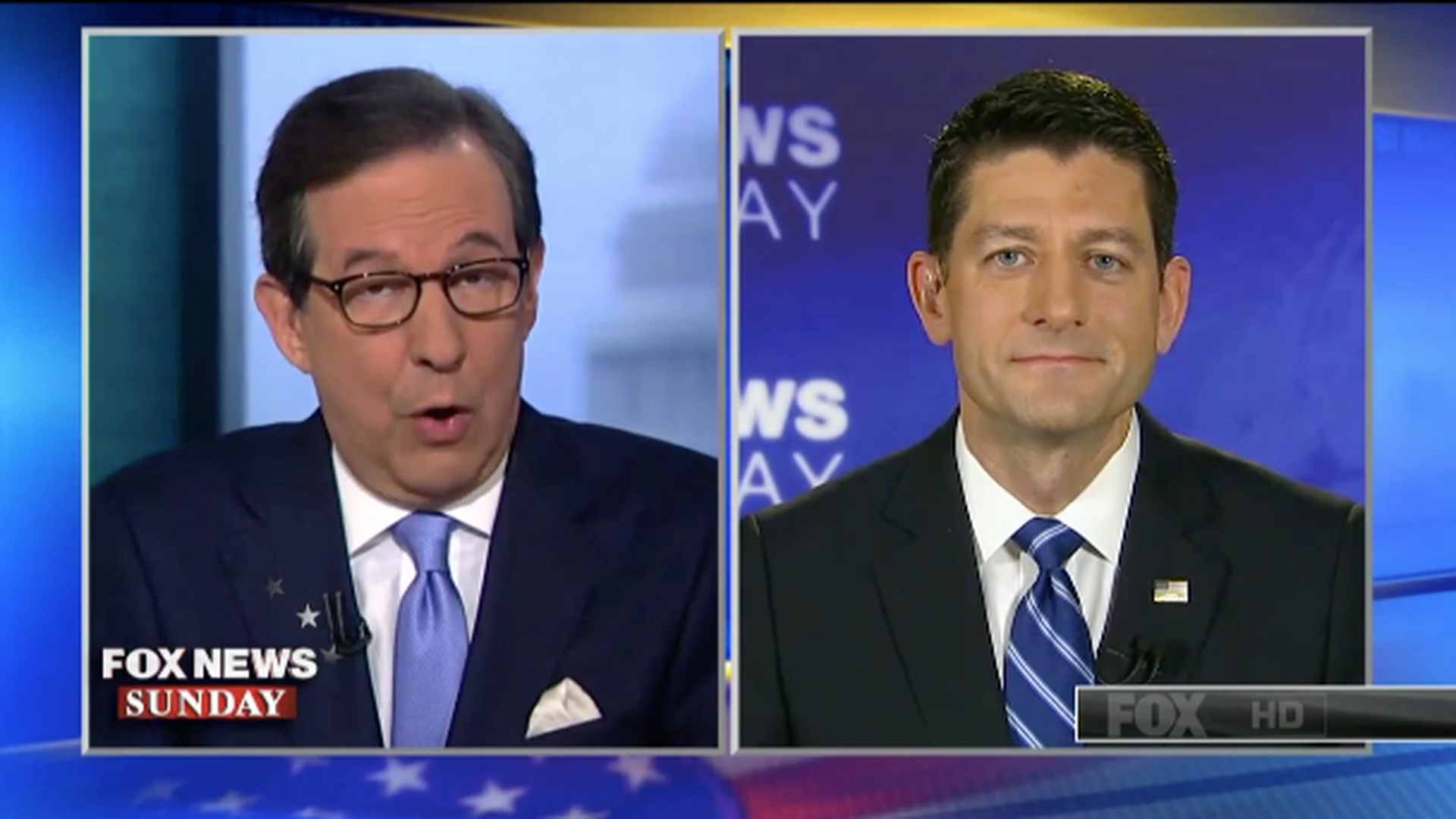March 19, 2017
Welcome to Sneak Peek, our weekly lookahead for both ends of Pennsylvania Avenue, plus the cream of the Sunday shows. I'd love your tips and feedback: [email protected].
Please urge your friends and colleagues to join the conversation by signing up for Sneak Peek and the other Axios newsletters. See you all week in the Axios STREAM, and next Sunday evening in Sneak Peek.
1 big thing: Trump's potentially explosive China play
The big sleeper issue in the U.S.-China relationship: cars.
Senior White House officials are quietly preparing to confront China over what they consider unfair handling of automobiles, one of the world's largest industries. It's a move that could profoundly disrupt relations between the superpowers.
Watch for the issue to pop in President Trump's talks next month with China's Xi Jinping.
What you need to know:
- When U.S. automakers sell in China, they are met with import tariffs of 25%. That's why 96% of the 27.5 million vehicles sold in China last year were built there.
- When U.S. automakers like GM build in China, they are required by law to form joint ventures with Chinese companies. Those Chinese companies must own 50% or more of the venture.
- By contrast, the U.S. imposes tariffs of just 2.5% and lets foreign car companies own their entire U.S.-based operations.
- U.S. companies have swallowed these rules since the '90s because the Chinese market is so lucrative. But Trump and his top nationalist-minded advisers — Steve Bannon, Stephen Miller and Peter Navarro — believe the status quo is unacceptable.
The White House's calculus: China currently exports very few cars to the U.S., but it's itching to sell dramatically more. Trump is perfectly positioned to negotiate the terms of China's market entry. He's got plenty of leverage with tariff levels and ownership restrictions — though the Trump folks are still hashing out their negotiation strategy.
A playbook for Trump: Michael Dunne, an authority on the Chinese auto market, has three rules — from his book "American Wheels, Chinese Roads" — for American negotiators to deal with China:
- If the Chinese want to sell their cars to Americans, they must invest in plants in America.
- Chinese companies will be free to own 100% of their operations in America — provided that American car companies get the same rights in China. If the Chinese refuse, then America will reciprocate.
- Profits from operations stay inside the United States. Repatriation to China will be limited and will require approvals from the the U.S. government.
2. Crossroads at Pennsylvania Ave.

"Fox News Sunday" host Chris Wallace called this week a "critical crossroads" for the administration on Russia, the president's Supreme Court nominee and dismantling Obamacare.
Essentials:
- Obamacare changes: The key moment on "Fox News Sunday" was when Wallace showed Paul Ryan a graphic of how the current House plan would hurt low-income seniors. Ryan replied that he's looking at changing the healthcare bill to offer "additional assistance to people in those older cohorts."
- Trump's budget blues: Trump has zero chance of getting his 20% cut to the National Institutes of Health. Ryan told Wallace the medical research body is "particularly popular in Congress." Sen. Susan Collins called the NIH cuts "disturbing" in her interview with NBC's Chuck Todd on "Meet the Press."
- Alternative facts: Ryan told Wallace he was on track to pass healthcare. Conservative Sens. Rand Paul and Ted Cruz beg to differ. Paul told ABC's "This Week" that House leaders are "flat-out false in telling us, oh, you guys ran on this plan." Cruz on CBS' "Face the Nation" called phase three of the GOP leaders' health care package — the bills that have to be passed separately — "the sucker's bucket," because they won't get 60 votes.
- Inconvenient intelligence: House Intelligence chair Devin Nunes confirmed on Fox that the Justice Department report refutes Trump's wiretapping claims. FBI director James Comey testifies before Nunes' committee tomorrow and will likely say the same thing — his long-awaited public commentary on the allegations.
3. Obamacare replacement: Final countdown
After showering attention on conservatives, the healthcare whip team is turning focus to the moderates who worry Ryan's healthcare plan will hurt their elderly constituents.
Steve Scalise's whip team met with a couple dozen members of the Tuesday Group on Thursday, but these House moderates couldn't agree on what they'd need from leadership to get to "yes." They're fed up with being taken for granted on tough votes and they're worried that they'll take a tough vote for the team only to watch the bill die in the Senate.
The count: Everybody knows it's going to be extremely tight. A Freedom Caucus source says "short of some major change — which we are being told won't come — the bill does not have the votes." Leadership hopes pressure from Trump and Steve Bannon — who texts regularly with Freedom Caucus leader Mark Meadows — can sway conservative holdouts.
What's next: A full court press, with a mixture of public advocacy (Trump's rally in Kentucky tomorrow) and private cajoling. Vice President Pence and HHS Secretary Tom Price are making last-minute pitches to reluctant members. Price meets with conservative movement leaders tomorrow and key industry groups later in the week.
What's on the table: Leadership will likely offer more generous tax credits to seniors and are considering buying off moderates with a reserve fund that would be used in the Senate to boost up the tax credits. But that risks solidifying the remaining Freedom Caucus members against the bill.
4. Hot in the West Wing
Top West Wing officials are avidly reading and passing around a dissent by Judge Jay Bybee of the Ninth Circuit making the case for the president's authority to issue the travel ban:
"We are judges, not platonic guardians. It is our duty to say what the law is, and the meta-source of our law, the U.S. Constitution, commits the power to make foreign policy, including the decisions to permit or forbid entry into the United States, to the President and Congress."
The president's aides say the dissent crystallizes their view of the role of the federal judiciary and power of the executive.
It's a good forecast of the arguments the team will make both in court and in the court of public opinion. Don't be surprised if the dissent gets mentioned in Gorsuch's confirmation hearing tomorrow.
But the dissent isn't all good news for the president. At the end of it, Bybee chastises Trump (without naming him) for his attacks on federal judges: "Such personal attacks treat the court as though it were merely a political forum in which bargaining, compromise, and even intimidation are acceptable principles."
1 fun thing: Meme-ing Miss Blueberry

The internet is getting a major kick out of Olivia Nuzzi's New York mag cover story on Kellyanne Conway. Nuzzi reports that Conway picked berries as a child in New Jersey and now answers to the Secret Service codename "Blueberry." This news — of course — inspired memes...